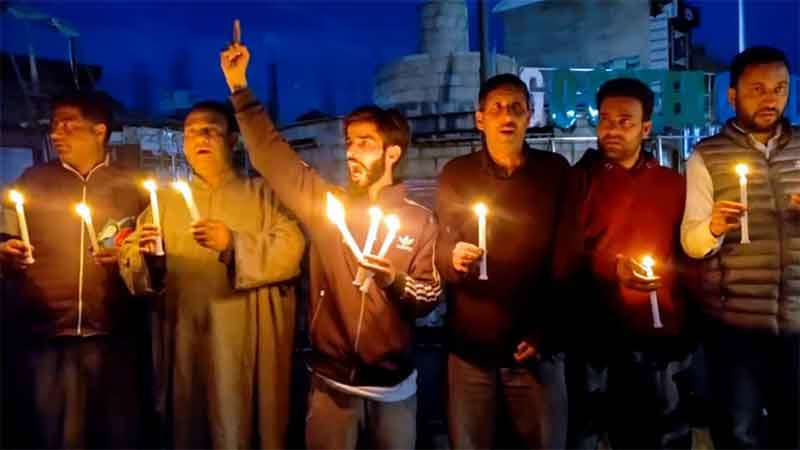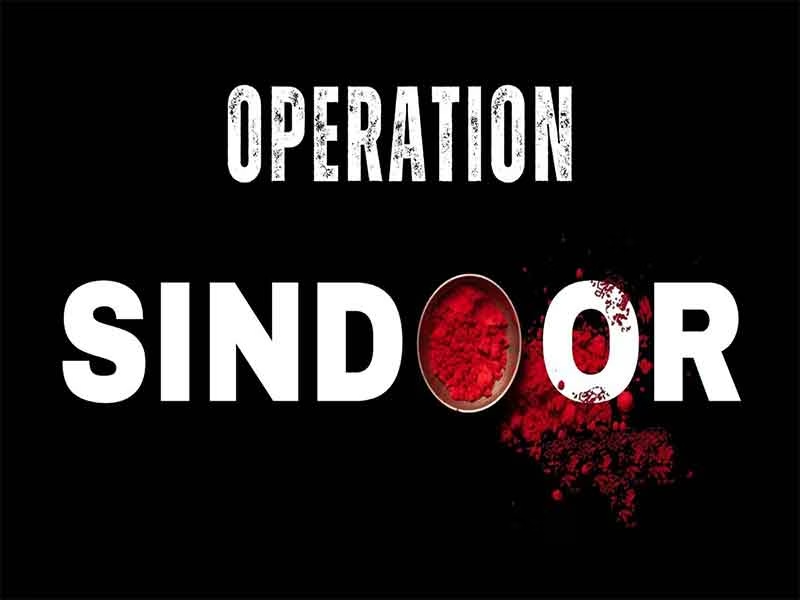
In today’s world, warfare isn’t only about missiles, drones, or cyberattacks. A new battlefield has emerged—one fought on the screens of our phones, through hashtags, viral videos, and online outrage. The recent tragedy in Pahalgam has sparked a war that’s less about guns and more about narratives. This “social media jihad,” fuelled by boycotts and misplaced patriotism, threatens to divide us more deeply than any external enemy could. In this article, we will explore how instead of uniting against terror, we tend to polarise on the name of religion while countering the act of terrorism. Let’s begin:
Turning Tragedy Into a Media Circus
The attack in Pahalgam, which claimed innocent lives, should have united the nation in grief and resolve. Instead, it has been transformed into a spectacle—an opportunity for outrage, blame games, and political point-scoring. The terrorists’ real aim was not just to kill; it was to spread fear, suspicion, and hatred. And unfortunately, they are succeeding.
Prime Minister Narendra Modi’s speech following the attack called for unity, reminding citizens that “our unity can defeat the terrorists who want to divide us.” He reiterated that terrorists aim to destabilize Kashmir’s return to normalcy, particularly as tourism and industry began flourishing again. But while the PM preached unity, actions on the ground told a different story by his own party which seems to be in power from last two decades.
Contradictions and Misplaced Outrage
In Jaipur, BJP leaders staged a protest by laying Pakistani flags on the steps of a mosque. Such acts not only miss the mark but dangerously blur the line between faith and terrorism—playing straight into the terrorists’ hands. Instead of isolating terror outfits, such gestures vilify entire communities, pushing them further to the margins.
Viral videos of vloggers vowing never to return to Kashmir, or labeling Kashmiris as “Pakistan lovers,” only fuel a false narrative. While isolated sympathies for Pakistan might exist, the overwhelming majority in the Valley reject terrorism and yearn for peace. Yet, these sweeping generalizations and boycott calls do precisely what extremist groups desire: divide Indians against each other.
In Bengal, a gynecologist refused treatment to a pregnant Muslim woman—another chilling sign of how communal hatred is seeping into everyday life. Elsewhere, Muslim vegetable vendors are targeted under suspicion that their earnings fund terrorism. Such paranoia is absurd and dangerous. If this logic extends further, should we boycott every institution because a few individuals failed their duties?
A War of Memes and Misinformation
The battle has also spilled over onto social media, where patriotism is performed through memes, hashtags, and online threats. From YouTubers posting provocative content to NRIs waving flags in London, the theater of outrage continues. Ironically, Pakistanis attempting similar displays abroad mistakenly waved Palestinian flags instead—highlighting the absurdity of these “global protests.”
Meanwhile, Indian and Pakistani users exchange barbs online, with threats of “erasing Pakistan” countered by memes about loan defaults or food jokes. This digital war trivializes real issues while distracting citizens from holding governments accountable for failures in security and governance.
News channels, chasing TRPs, amplify this circus by inviting Pakistani guests to nightly debates—paying them to hurl abuses and keep the drama alive. For every shoutfest on TV, terrorists elsewhere must be watching with glee, seeing division and hatred deepen without firing a bullet.
The Real Questions We’re Not Asking
Beyond the outrage, few are asking critical questions: Where are the terrorists hiding? Why have no arrests been made? How will Pakistan be held accountable beyond symbolic gestures? Instead of boycotts or knee-jerk reactions, meaningful measures—diplomatic, economic, and strategic—are needed.
The call to boycott Kashmir or Muslims ignores the reality that traitors and spies have been found across all communities. Army men, scientists, and officials have been caught leaking secrets or aiding enemies. Do we then boycott entire professions or communities? Clearly, this logic is unsustainable.
A Call for Unity and Reason
True patriotism lies not in performative outrage or exclusion but in solidarity and critical thinking. Visiting Kashmir, supporting its economy, and showing faith in its people would deliver a stronger rebuke to terrorists than isolation ever could.
The next terror attack will aim not just for casualties but to divide India further. The greatest challenge for us is not just to prevent attacks, but to deny terrorists the satisfaction of a fractured society. If we truly want to honor those lost in Pahalgam, let’s reject the easy paths of hate and suspicion—and choose unity, empathy, and wisdom instead.
Conclusion: A Battle We Can’t Afford to Lose
The tragedy in Pahalgam must not become yet another flashpoint that widens the cracks in our society. Every tweet, boycott call, or divisive slogan that pits Indian against Indian is a silent victory for those who wish to see us broken from within. The real war is not just against terrorists with guns, but against the ideologies of hate, suspicion, and prejudice that they thrive on.
To truly defeat terror, we must stand together—not just in grief, but in dignity, reason, and humanity. It is only by refusing to be manipulated by outrage and by embracing a more compassionate, united response that we can build a stronger, more resilient India—one that cannot be undone by a bullet or a bomb, nor by a tweet or a hashtag.
Subscribe to Our Newsletter
Get the latest CounterCurrents updates delivered straight to your inbox.
(Mohd Ziyauallah Khan is a freelance content writer & editor based in Nagpur. He is also an activist and social entrepreneur, co-founder of the group TruthScape, a team of digital activists fighting disinformation on social media.)














































